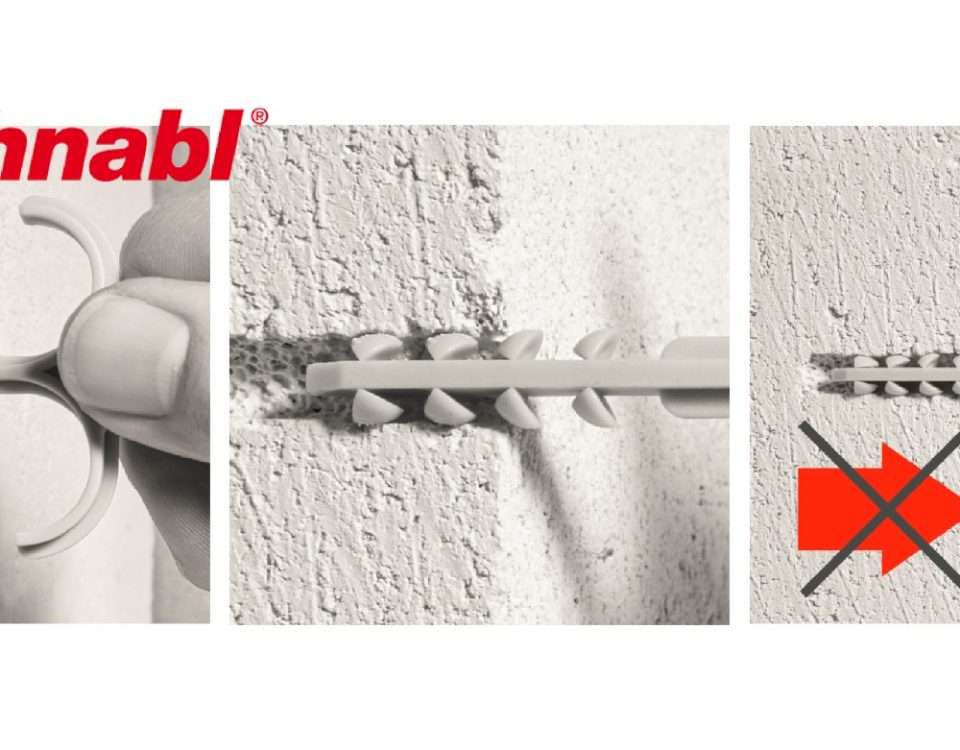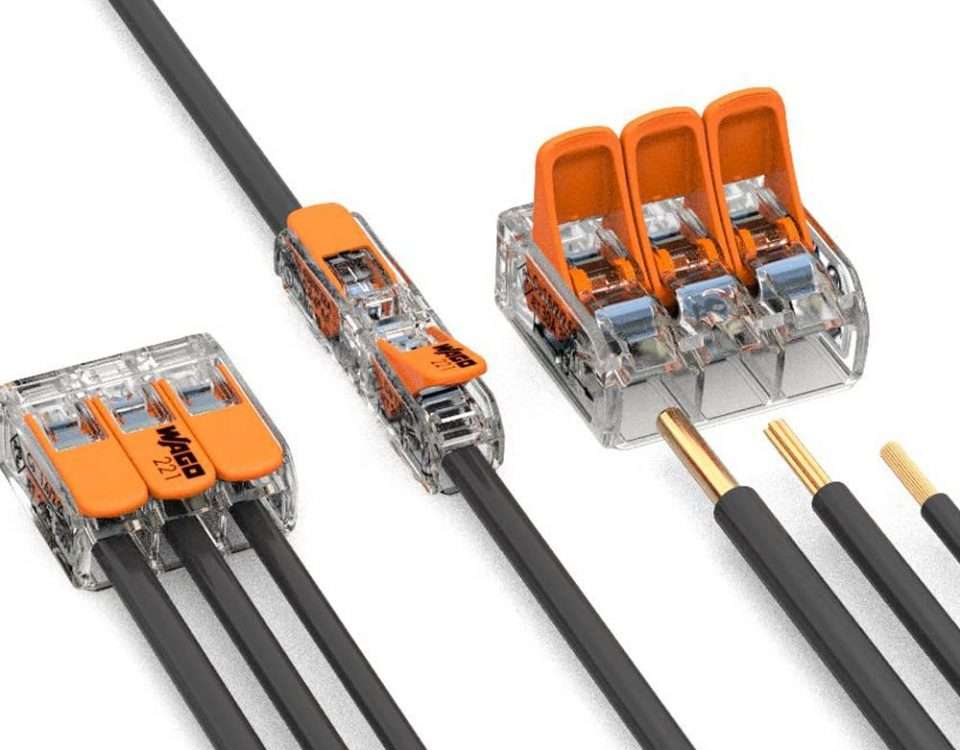- For opportunities please Call or WhatsApp on Dubai, UAE No:-
- +971 50 2104519
- info@reforce.ae

Expo 2020 Dubai–The Power Behind It
December 16, 2019
Is UAE smart-home enabled?
January 29, 2020United Arab Emirates (UAE) is the where the East meets the West. Tradition mingled with modernism is what UAE embodies.
UAE has been on the trade route to many countries in Africa, Middle East, China and Europe and still continues to do so.
In recent years, the government of UAE shifted its focus from an oil trading economy to give impetus to non-oil trading, tourism, real estate, construction, and logistics.
Why trading has survived in UAE and is still a lucrative business is because of its strategic location, ease of doing business and world-class infrastructure available throughout the emirates . Emirate introduced reforms to shift their focus on oil exports to other newer sectors. Electrical trading was reborn to the 2004 construction boom. Since then, till date with the upcoming Expo 2020 Dubai, Electrical traders in UAE are witnessing a steady growth in business. Whether Wago supplier in UAE or DLink Cat6 Jack dealer or parking sensors or Mennekes supplier or low voltage or Arteor Legrand supplier in UAE or supplies connectors, or Himel , LED downlights, these traders or suppliers have represented the best electrical brands in UAE.
UAE is a federation of seven emirates of Abu Dhabi (the capital), Dubai, Sharjah, Ajman, Umm Al Quwain, Ras Al Khaimah, and Fujairah.
‘Ease of Doing Business 2020’:
In World Bank’s Doing Business 2020 report, the World Bank has praised the UAE as a forerunner in setting business reforms. UAE’s four new reforms introduced in 2019 include:
- Business incorporation fee reduction to attract new business
- Lesser number of inspections in construction to ease providing the necessary construction permits
- Increased minority investor protections by providing for the qualification of directors in case of prejudicial conflicts of interest; and
- Facilitating trading across borders by reducing the time to export, by fully digitizing certificates of origin and the cost to import by issuing certificates of conformity that cover multiple shipments.
In 2019, the UAE ranked 16th out of 115 countries for overall ‘Ease of Doing Business 2020’.
Various options to set up business in UAE:
The government of UAE has provided foreign companies with multiple options to set up business in the country depending on their individual requirements. Companies can choose from one of the below options to set up a company in the UAE. It can be either,
- A Limited Liability Company (LLC)
- A Branch
- A Representative office
- A Free trade zone establishment
- An International Business Company acting as a holding company for subsidiaries outside of UAE
Why trading in UAE has flourished
Trading in the desert hub was omnipresent with pearls, dates and oil being traded. But with the
farsightedness and governance of HE Sheikh Zayed,bin Sultan Al Nahyan of Abu Dhabi and HH Sheikh Makhtoum bin Rashid Al Makhtoum of Dubai, UAE prepared for trading on a much larger international scale. Its business reforms aimed at attracting foreign investments. The reason it has been so successful as a trading hub in the region are –
i. The UAE has one of the most liberal trade regimes in the Gulf to encourage strong capital flows from across the region.
ii. There are a large number of highly skilled expatriate workers in UAE who contribute to making UAE a pot of mixed cultures
iii. The UAE progressively diversified its economy from oil-based to non-oil by building a strong infrastructure to sustain alternative trading activities.
iv. The UAE is very well connected to the rest of the world, mainly due to its national carrier Etihad, and Dubai’s Emirates Airlines.
v. Dubai’s Jebel Ali port is one of the largest and most advanced transshipment ports in the region
vi. A large number of Fortune 500 companies have their regional headquarters in the UAE. UAE’s 25 plus free zones are also home to over 6400 multinational companies and regional companies from over 120 different countries.
vii. Liberal tax, especially in free trade zones which generally offer guaranteed tax holidays to businesses, is one of the incentives to set up a trading business in UAE.
Overall:
While industries like advertising, public relations, media and entertainment, construction, real estate, and manufacturing of ancillaries were UAE’s top growth indicators in 2019, trading continued to grow and contribute in every sector. The UAE today has a flourishing business economy with a high per capita income and a sizeable annual trade surplus. Constant efforts over the last few decades have helped the economy diversify with oil contributing not more than 25% of its GDP. In fact, as per the article in Khaleej Times December 2019, just Dubai’s non-oil foreign trade alone crossed Dh 1 trillion. This was possible due to the impetus given to trading in various non-oil sectors and other elements like construction, foreign investment, etc.
Whether electrical traders in UAE or food stuff traders in UAE or re-exporters in UAE, every sector is being supported by traders. UAE trades with countries like India, China, USA, Germany, and Japan for machinery and transport equipment. It also re exports to 27 members of the European Union, India, Japan, China, South Korea, United States of America, Thailand, Singapore and Oman commodities like crude oil, natural gas, re-export items, fish and dates.
Conclusion:
UAE’s economy has been built on the trading industry rather than the agricultural industry or manufacturing industry. With a small population, foreign labor and smart governance, the government of UAE continued to encourage its people to trade with countries far and wide. The hard work and shrewdness of traders along with their strength to trade in multiple commodities, has ensured trading continues to be the backbone and strength of UAE. Trading in UAE has not only survived tough times but flourished due to a strong economic and political system and reforms to encourage foreign trade. Similarly, electrical trading too survives VAT and financial restraints in the construction industry and retail industry to continue to grow even facing new challenges every day.



